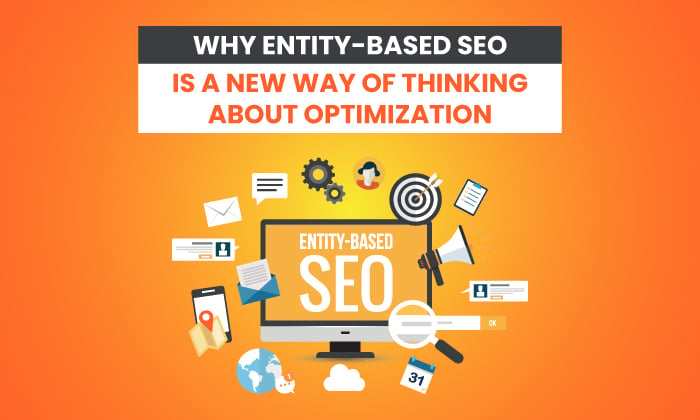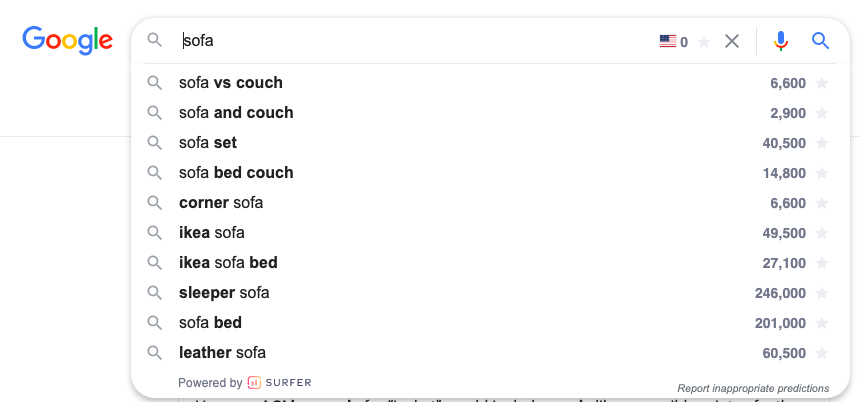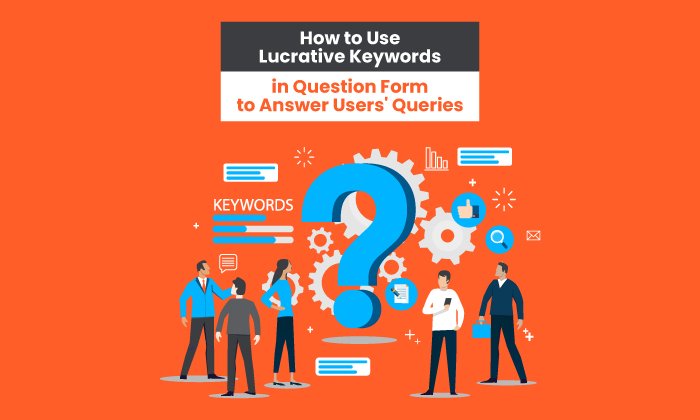Why Entity-Based SEO is a New Way of Thinking About Optimization
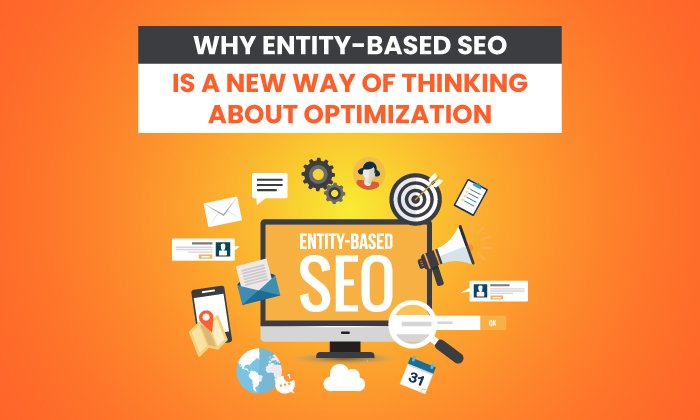
By Neil Patel
Search engine optimization (SEO) used to be defined by the number of keywords and keyword synonyms across your website’s content.
When Google launched its knowledge graph, SEO shifted away from simply relying on keywords, and search engine crawlers began prioritizing rich snippets and entities on search engine results pages (SERPs).
These days, Google has more systems to identify the true meaning of keyword searches and queries. By categorizing ideas into “entities,” Google revolutionized its search proficiency.
While keywords are still important, SEO experts now also use entity-based SEO to further their ranking efforts. Context and relevance are becoming increasingly important in search engine results, and entities can help improve these factors.
In this article, we’ll explain what entities are, how to use them, and what the future of SEO might look like.
What Is Entity-Based SEO?
Entity-based SEO uses context, not just keywords, to help users find the information they seek.
While keywords are an essential part of your SEO strategy, they don’t fully reflect how humans search for information. For example, a person who searches for “Paris” may be looking for Paris Jackson, the city of Paris (in France or Texas), the movie Paris Is Burning, or innumerable other options.
Google offers suggestions for searchers regarding additional context, which serves the dual purpose of speeding up their searches by showing popular options and reminding them to add more context if none of those are what they need.
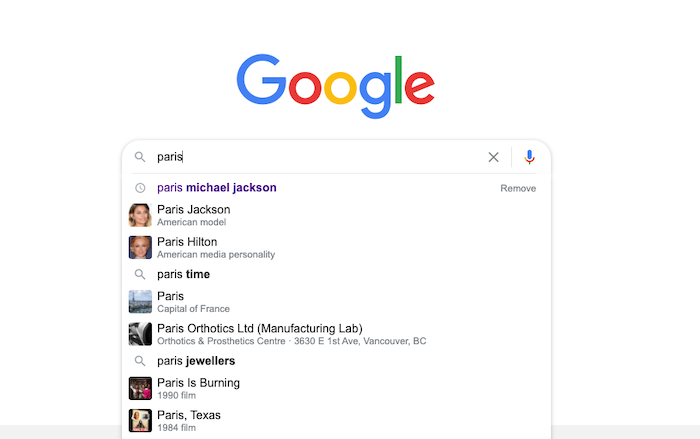
Entity-based SEO is helpful for searchers but slightly has made things a bit more complicated for content creators. Three ways entity-based SEO has changed the landscape include:
- Better mobile capabilities: Entities allowed SEO to improve mobile results. Entities also improved mobile-first indexing, which is more prevalent than desktop searches.
- Translation improvements: Entities can be found regardless of homonyms, synonyms, and foreign language use thanks to context clues. For instance, a search for “red” will include results for “rouge” or “rojo,” if the searcher’s settings allow for this.
- Rich snippets: Rich snippets, which include things like photos and customer ratings as part of their results, generally outperform even number one search results.
Keywords Vs. Entities: What’s the Difference?
Entities might sound similar to keywords. In fact, they are quite different. Here’s how they differ and why those differences are so important.
Keywords
Keywords are words or phrases used in searches. They’re often the focal points of terms users search for and can be questions, sentences, or single words.
For example, users looking for makeup tutorials may search for makeup, tutorial, smokey eye, how to do a smokey eye, and so on.
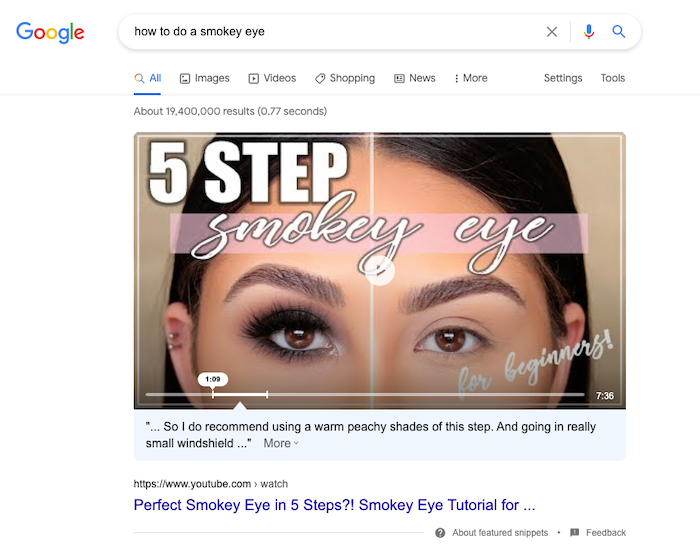
Keywords still matter because they connect your content to queries. Your goal is to drive …read more
Source:: Kiss Metrics Blog

